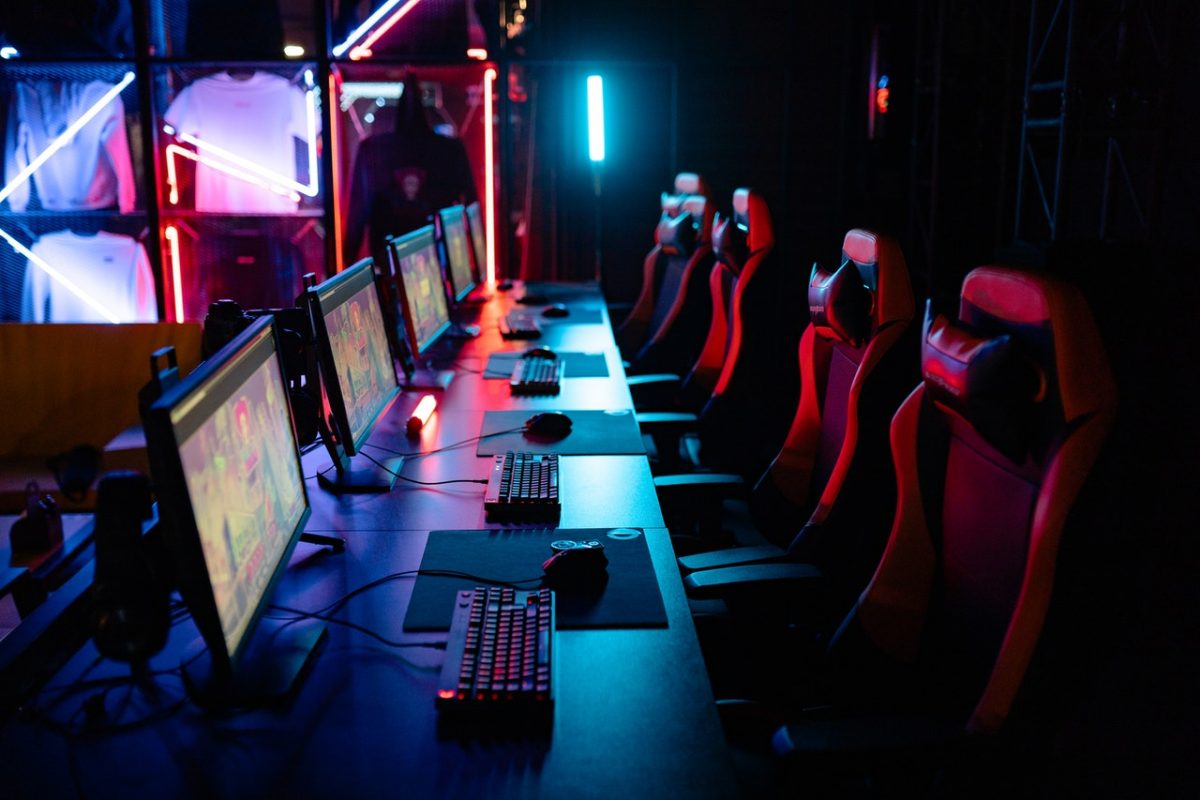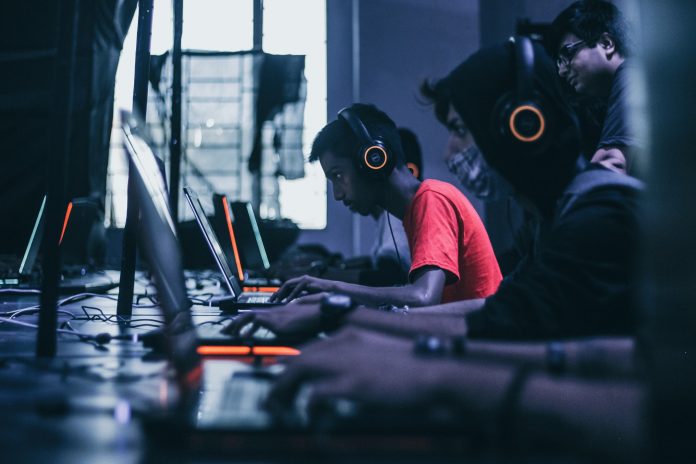We all like things that are shiny and new, and that even goes for when we’re dressing our in-game characters. NFTs offer a possible opportunity for gamers to do just that.
Ubisoft has recently announced that players of their Ghost Recon Breakpoint game would be getting something so unique that it can’t be replicated. The new ‘Digits’ as Ubisoft labels them, will be cosmetic items for your character with a unique code stamped on them, making your on-screen persona different from everyone else. These are the company’s first foray into the world of the non-fungible token, widely now known as NFTs. The tokens can be anything digital, from drawings and music to the assets as mentioned above in games.
While NFTs are relatively new to the world of mainstream gaming, you don’t have to look very far now to see them in other areas of popular culture. While Forbes has suggested that they’re revolutionizing the art and entertainment industry, NFTs are also becoming a part of our everyday lives across a spectrum of platforms and industries.
For instance, supporting your sports team can now be achieved through NFTs, by using Socios fan tokens. In Europe, soccer fans have been eagerly snapping up these tokens, and they’re inching ever closer to coming into the MLS as a deal has been done with the owners of the New England Revolution. But what is the benefit? Fans who purchase the tokens gain access to polls and votes, which can influence decisions within their favorite teams, from naming rights to training facilities and potential exclusive meetups with their heroes.

This increasing connection between sports and NFTs is attractive to current kings of video game sports simulations, EA Sports. They look likely to be the next company to bring in NFTs to gaming via their FIFA title. Industry insiders believe that they are hinting at the move as Andrew Wilson the CEO of EA recently said: “When we interact with our hundreds of millions of football fans, they tell us they want more cultural brand involvement from across the globe and want more modalities at play within the game.” With the introduction of tokens in the game, it could provide the perfect platform for fans to get that direct involvement he’s suggesting. However, it has to be said that there’s been nothing tangible to support Wilson’s claim that this is the direction of travel that gamers desire.
If you look at the responses to Ubisoft’s foray into NFTs, there are a relatively high proportion of gamers who are definitely not fans of their new offer. Some are calling it an exercise in manufactured scarcity, while others have literally voted about their disappointment by disliking the announcement video. It’s led to Ubisoft announcing that their focus is purely on Ghost Recon and they won’t bring the digital transactions to one of their most played games, Rainbow Six Siege, which is huge in the eSports space. This is interesting because that is one area of the industry which is already utilizing them.

NFTs are already finding their place in competitive video gaming, as two-time eSports Dota 2 champions, OG is one of four major eSports teams to have their own fan token available for purchase. Owners of the branded NFTs are likely to get the chance to vote on team-related matters, such as choosing which in-game banner they should display, to having access to exclusive token owners merchandise, and future opportunities to get gaming tips from their world champion players. The price of the eSports team fan tokens has increased too, albeit not at a level of those at the professional sports clubs, but it’s a sign that the industry and eSports fans are somewhat welcoming their introduction.
So right now, it seems that with the biggest developers getting behind the idea of NFTs that it would be easy to argue that their widespread adoption is inevitable. However, with the adverse response from gamers, the industry insiders need to learn from what we have seen so far, concerns are about how NFTs are introduced and why. Developers can’t just assume they will be adopted by all gamers, because it’s clear that a marketing model which revolves around a fear of missing out, isn’t a marketing model at all.
Written for cinelinx.com by Jolene James















